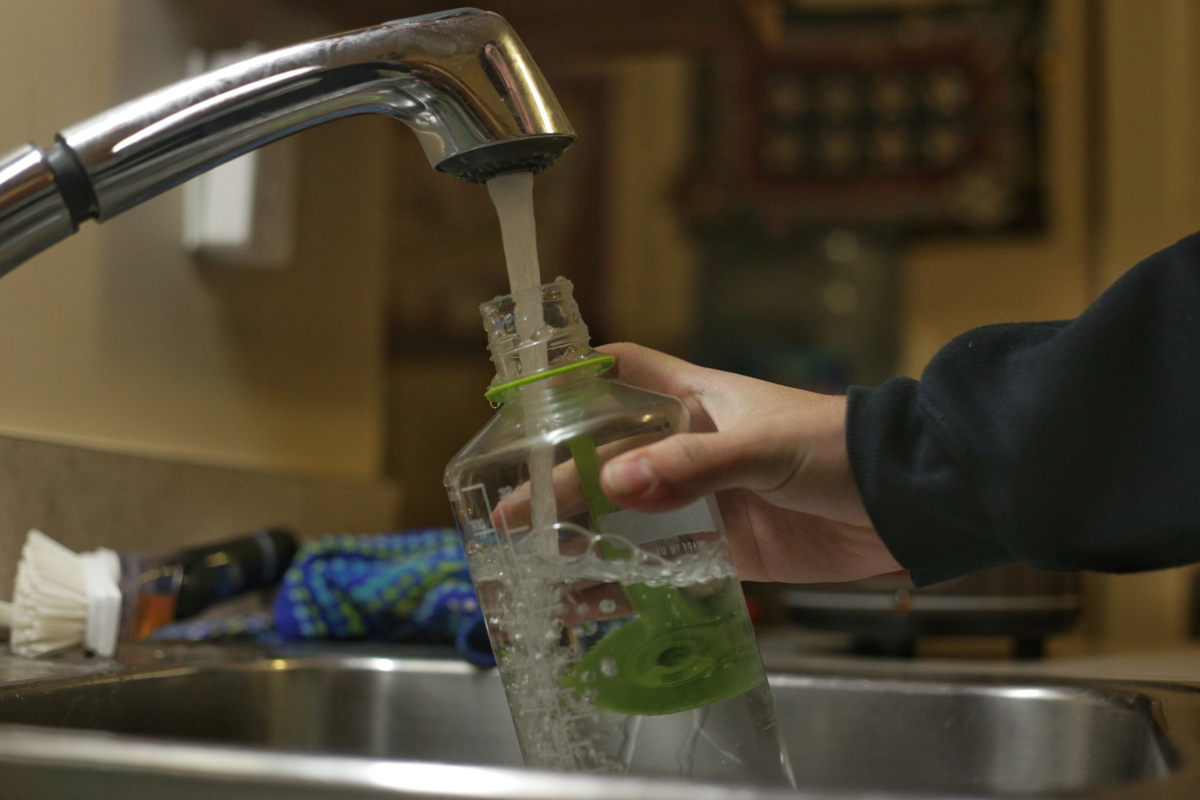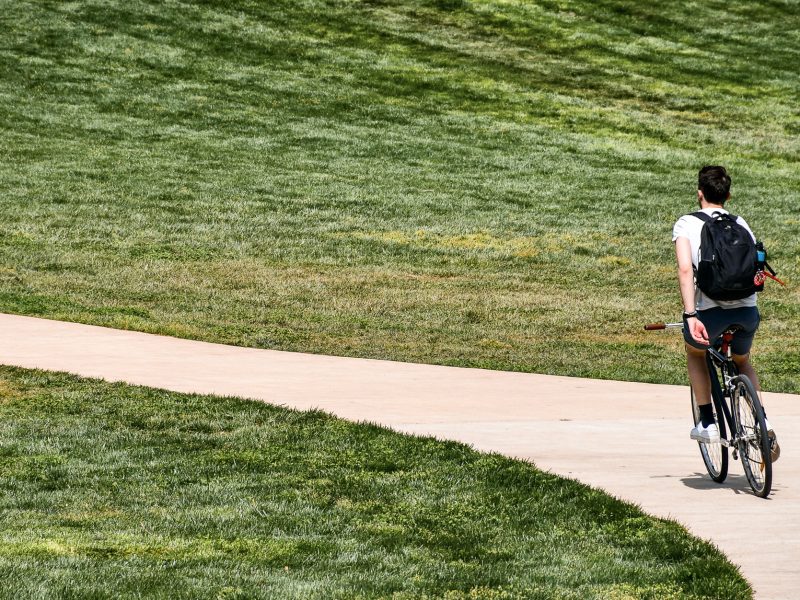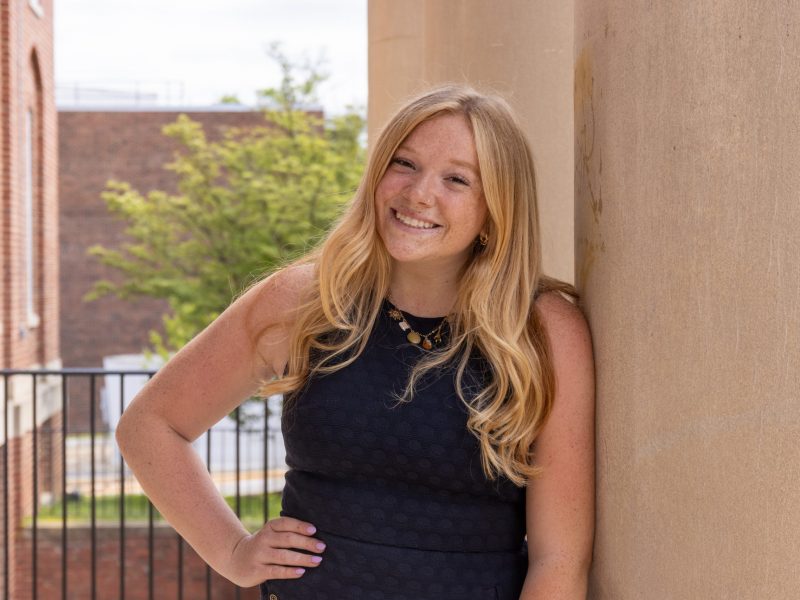Two groups approved more than $330,000 in funding for 15 sustainability-related projects on the campus and in the College Park community on April 20.
Among the projects the Student Sustainability Fund Review Committee and University Sustainability Council are creating is a master’s degree in sustainability. $90,000 in funds will go toward creating a new sustainability degree and certificate programs for graduate students at this university, integrating aspects from sustainability-related departments — like public health, engineering, public policy and economics — into a more structured program.
Sustainability studies is currently the largest minor on the campus, according to the public policy school’s website.
“It’s an opportunity for students to seek their own path through a degree program and add them to some of the great sustainability-related courses that we have,” said Mark Stewart, a senior project manager for the Office of Sustainability. “There’s a lot of stuff happening here. It’s nice to have a way of piecing it all together.”
[Read more: UMD students, staff and faculty will work on 50 projects to help local communities]
Willem Klajbor, a junior economics and environmental science and policy major, said funding for this program can increase awareness of sustainability practices and create new ideas that can be implemented in the long run.
“This is one of the more progressive universities when it comes to sustainability, but of course there’s always rooms to grow,” Klajbor said.
The funding will also provide $67,250 to expand the Office of Sustainability’s Terps Heart the Tap project. In the past three years, 102 filtered water filling stations were installed in many university buildings in an effort to reduce plastic waste, according to the Sustainable UMD website. The filling stations saved three million plastic bottles from disposal on campus.
The office is hoping to install at least 60 more of these water bottle filling stations, Stewart said.
The Department of Fraternity and Sorority Life will also receive $3,415 to support the Recycling Receptacles in Old Town project, which aims to increase recycling efforts among students. The money will be used to install more recycling bins near sorority and fraternity chapter houses.
[Read more: UMD sustainability office announces second round of grants]
“One of the issues that the proposers had noticed is that a lot of the trash generated in Old Town, College Park is recyclable, and a lot of those recyclables come from students,” said Samantha Bingaman, a senior environmental science and policy major, who is also the chair of the Sustainability Fund Review Committee and an undergraduate representative for the University Sustainability Council.
Julia Zhen, a sophomore information systems and supply chain management major, said she is interested in seeing these projects go beyond the campus.
“I think that despite being known for an all-around sustainable campus, there’s definitely an area for improvement, as well as spreading this sustainable love to the greater College Park community,” Zhen said.
Because this university’s sustainability fund receives all of its financial support through student fees, it’s important that students are involved in decisions about these projects, Klajbor said.
“I think the University Office of Sustainability has done a really great job setting a system up to make sure that there’s this transparency, and that the students are represented in the process,” Klajbor said.
Bingaman agreed, saying these projects primarily affect students, and it’s important that students give input.
“We get proposals all the way from athletics, to the environmental science and technology students, to dining,” Bingaman added. “It’s all over the campus map, and it really shows that sustainability can and does need to be integrated everywhere.”
Zhen said that the funding for these projects shows this university is taking the initiative to protect the environment, even if the government is not.
“Despite our current political climate, environmentalism and sustainability are non-partisan, affect everyone and cross party lines,” Zhen said. “If the federal government isn’t necessarily putting these issues at the utmost priority right now, this puts more pressure on us as people, constituents and creatures of the earth, to do what we can to improve sustainability.”



